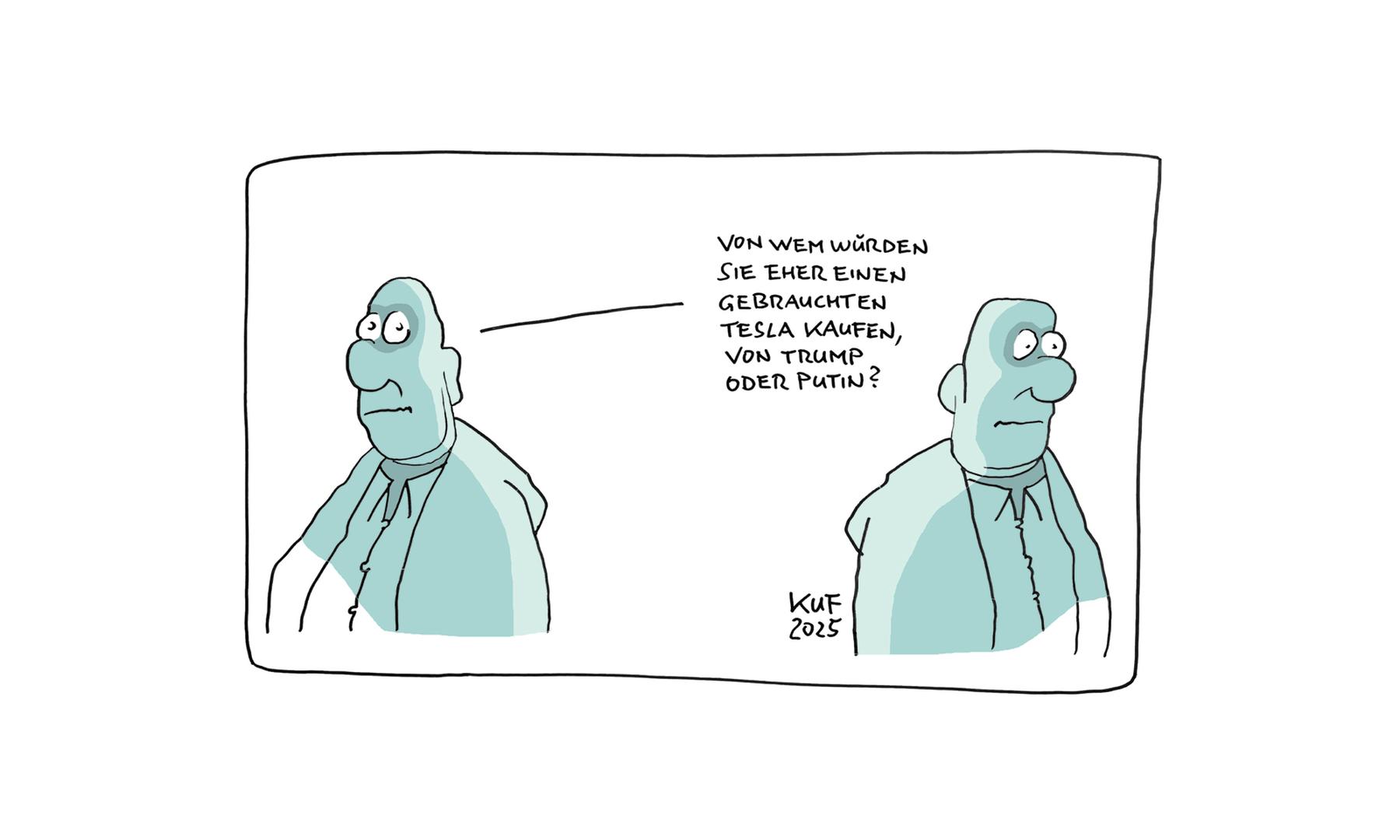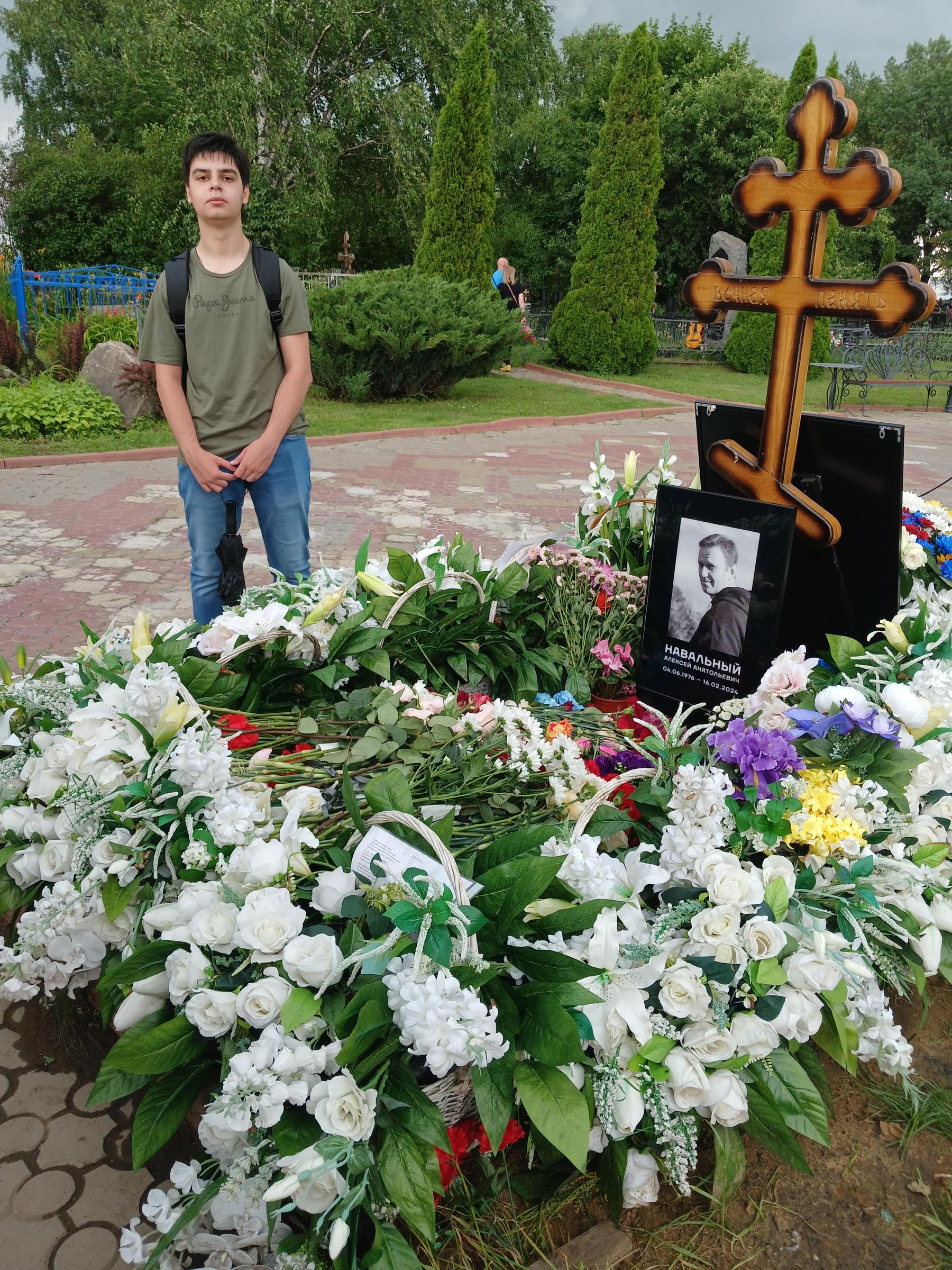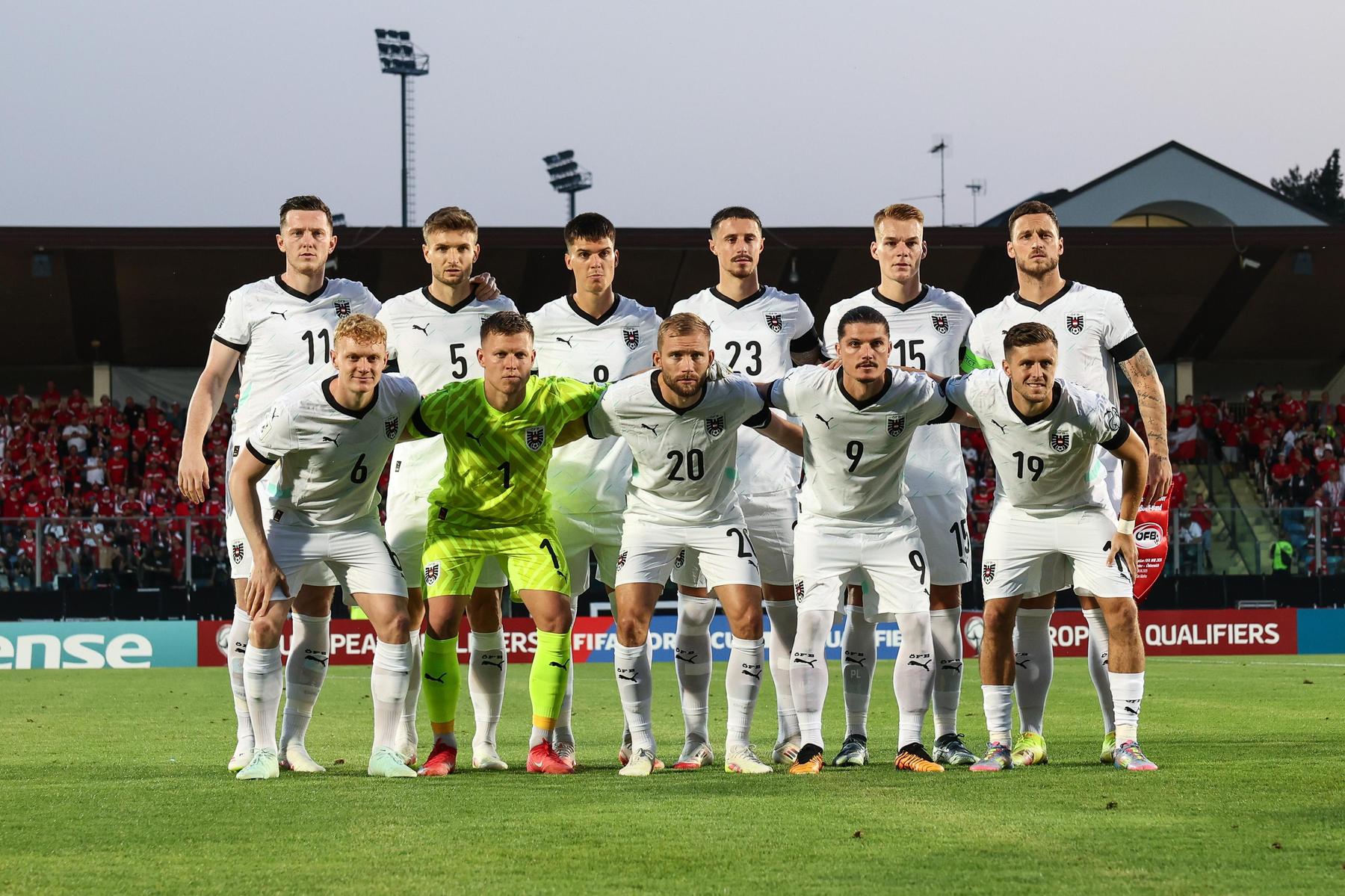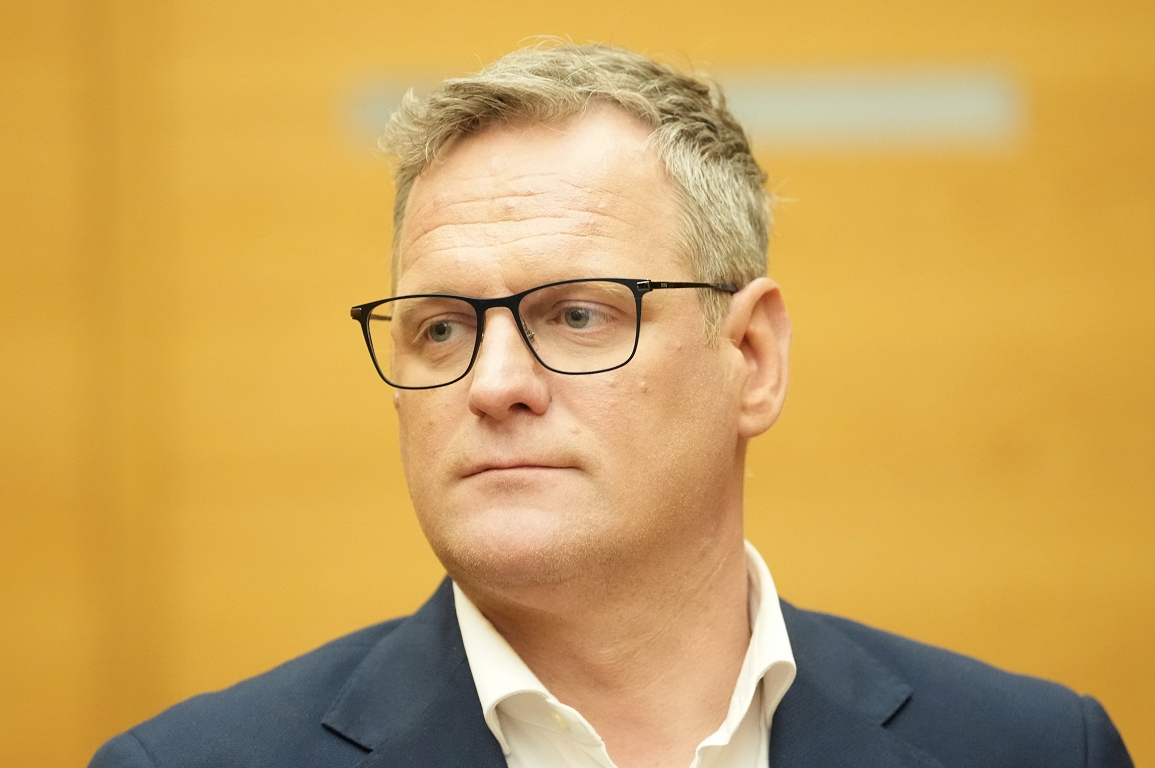Does it matter what world power dominates? – Diepresse.com

Even if the United States is a difficult partner under Trump, shoulder -loving relativism will certainly not help us.
There have been easier times for European transatlantic. Almost regardless of where you are politically, the jerky actions of the Trump administration ensure uncertainty in many places.
You can only take note of it if US politics for the time being less important to consider what your partners think in the old world. It is also legitimate that European politics reacts to it and increasingly takes your own security into your own hands.
As a trained Austrian, you also know another level of reaction: the shoulder -twitching relativism. Our neutral tradition has many strengths. Austria is democratic, western -oriented and well -suffered. In large geopolitical questions, we tend to keep out, which is not least due to our lack of influence.
So far, so well, so far, so understandable. In this country, however, there is also the widespread attitude that means neutrality to see all major world powers as « equally bad ». The developments in Washington are currently gaining tailwind.
The decisive difference
Of course, it is true that all major powers are essentially in their own interest. This is often more difficult to hide more than poorly: the increase in one’s own geopolitical influence is shown as a « liberation » of others. International law is mainly stressed if it does not cross your own plans. Conflict scenaries often correlate with the occurrence of natural resources. The double standard can be easily viewed and damages any moral superiority.
However, this sobering insight alone should not leave us the fall of the fallacy that our little Austria doesn’t care who is the dominant superpower. Because our story in particular is a good example of the decisive difference that a democratically guided order makes.
National Socialism in Europe was defeated in Europe through the joint commitment of the Allied – USA, Great Britain, Soviet Union and France and Austria was restored as a nation in 1945. Under Allied crew, the young second republic quickly found itself in the middle of the Cold War.
On the one hand, the western, democratic model of Anglo-American character, on the other hand, stood the totalitarian-communist model of Soviet imprint. Despite the precarious situation, Austria did not land behind the Iron Curtain. We did not succeed alone, but above all thanks to the support of the Americans and British.
It was strategically important for the western powers to know as many European countries as possible in their ranks in the burgeoning cold war. Among other things, this was implemented by supporting a free, democratic, and constitutional Austria with the generous means of the Marshallplan, in the hope that this will also become a trading partner and ally.
As is well known, the reality beyond the iron curtain was different: there was neither freedom nor democracy nor the rule of law – but a disastrous economic development.
Democracy is a privilege
This is exactly the point where relativism is punished. If democracy is a political value itself because it is most likely to protect the dignity of the individual from all human systems, it is not relative whether we live in a democratically dominated world order or in a totalitarian. We may find a better or worse living with different US governments, but the USA will remain Europe’s partners. It is our very own interest that the position of the greatest world power remains in a democratic hand.
It sometimes seems as if we had got used to democracy and the rule of law that we take it for granted. But we should always remember that this life model is a privilege. If it knocks on the door in this country at night, we can confidently think of a neighbor who laid the key and not to security authorities who pick up a family member because he or she has the wrong political opinion.
Despite all misconduct, the United States has been the patrons of democracy and international law order since 1945. If this spirit is now falling behind, Europe has to fill the gap.
This does not mean arrogance, arrogance or hostility to other social models. However, it is important to pursue the goal that our world order is shaped by fundamental democratic rights, not by autocratic arbitrariness. Europe will have to gain strength and determination to fulfill this task. As an Austrian, we have the responsibility to participate.
The author
Markus Gstöttner (*1986) is a start-up entrepreneur, was a member of the People’s Party in the Vienna Landtag, and did her doctorate in history part-time.






:format(jpeg):fill(f8f8f8,true)/s3/static.nrc.nl/taxonomy/bf9b707-commentaar-itemafbeelding-2024.png)
